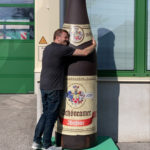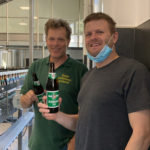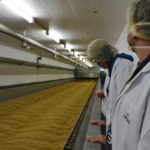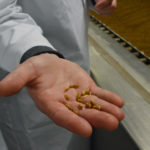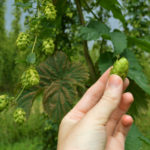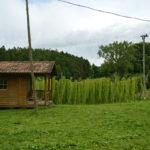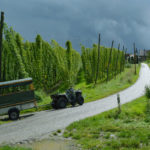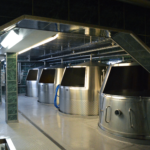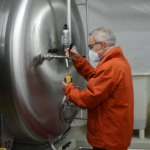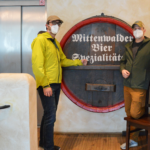From Joe Connolly, Director of Springdale Beer Co.:
The end of my whirlwind first trip to Germany snuck up on me quickly enough that I had to do a double take on my calendar. A week traveling all over Bavaria disappeared in a blink of an eye; dozens of breweries, uncountable steins of golden lager and thousands of years of brewing experience shared over samples off the zwickel.
One of the goals of my trip was to get a sense for the beer culture in this ancestral home of modern lager beer. While I considered myself well-read (and well-drunk, I suppose) before this trip, I came back with a notebook full of observations, a duffel bag stuffed with lager and a thirst to share some of my first impressions with you, our fellow lagerheads.
- In Bavaria, beer really is for everyone. From breweries to beer halls, there was no demographic left unturned. Across every place we visited, folks of all race, creed and age were heartily enjoying the local selections. Everywhere we went there always seemed to be a table of rowdy old men playing cards, at least as frequently as there was a crowded table of teenagers enjoying those same beers.
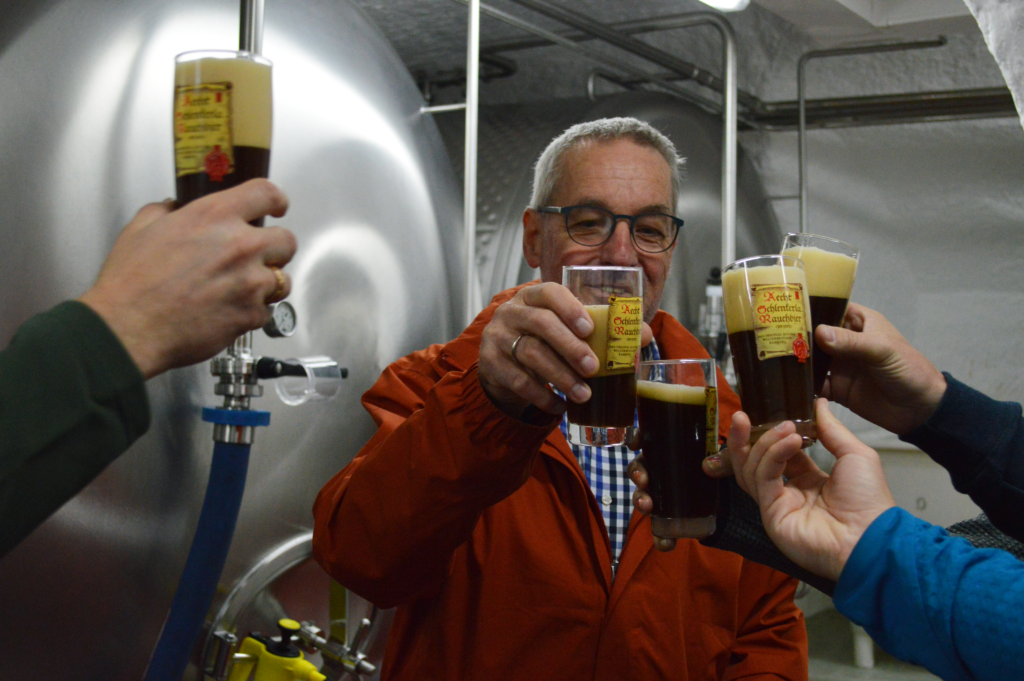
- Local means something a little different in Bavaria. Breweries larger than Jack’s Abby can thrive in small villages and serve nearly all of their beer within a 40 mile radius. There is a dedication to brands and styles that stretches back generations and is tied to cultural, historical and agronomic factors. Travel an hour in any direction and you’re likely to enter a different brewery’s sphere of influence.
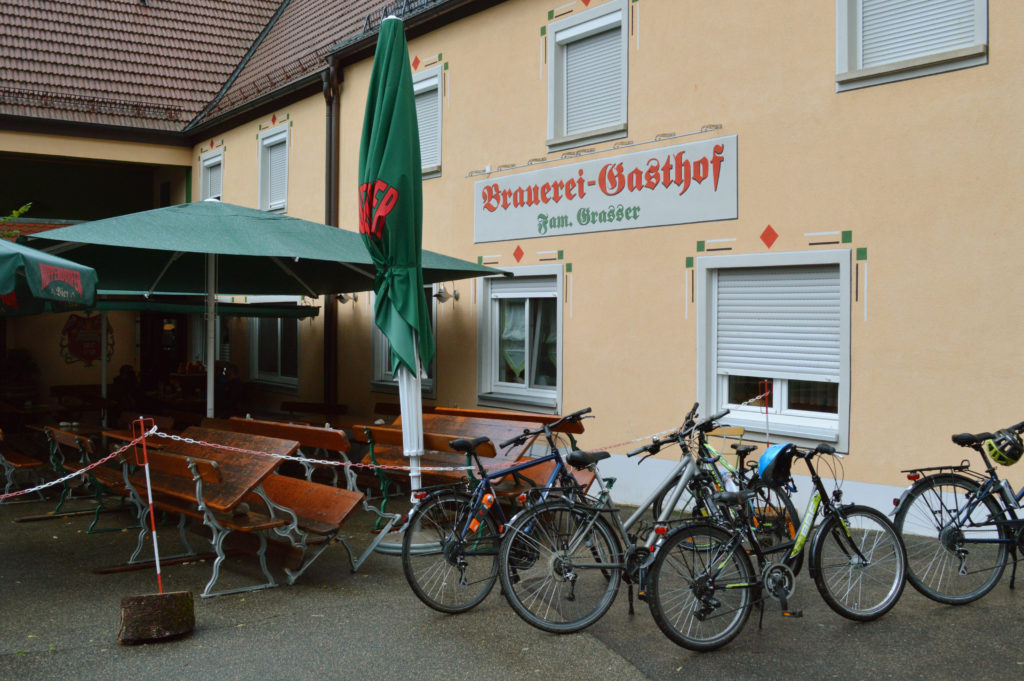
- Visiting the Seitz family hop farm was a highlight, and it reinforced to me how important raw materials are on the overall quality of beers. Having recently visited a huge, modern American hop farm and processing facility, I was struck by how much more the Seitz family farm seemed to resonate with the values and ethos of American craft beer. Florian Seitz is the fourth generation to grow hops on his farm in the Hallertau region, and he sells us the aromatic hop varieties that help define beers like Post Shift Pils. His focus and determination is not on the overall quantity that his 70 acres can produce; he trades lower yields for higher quality. While much of the technology he uses is simple, his methods are modern and his commitment is contagious.
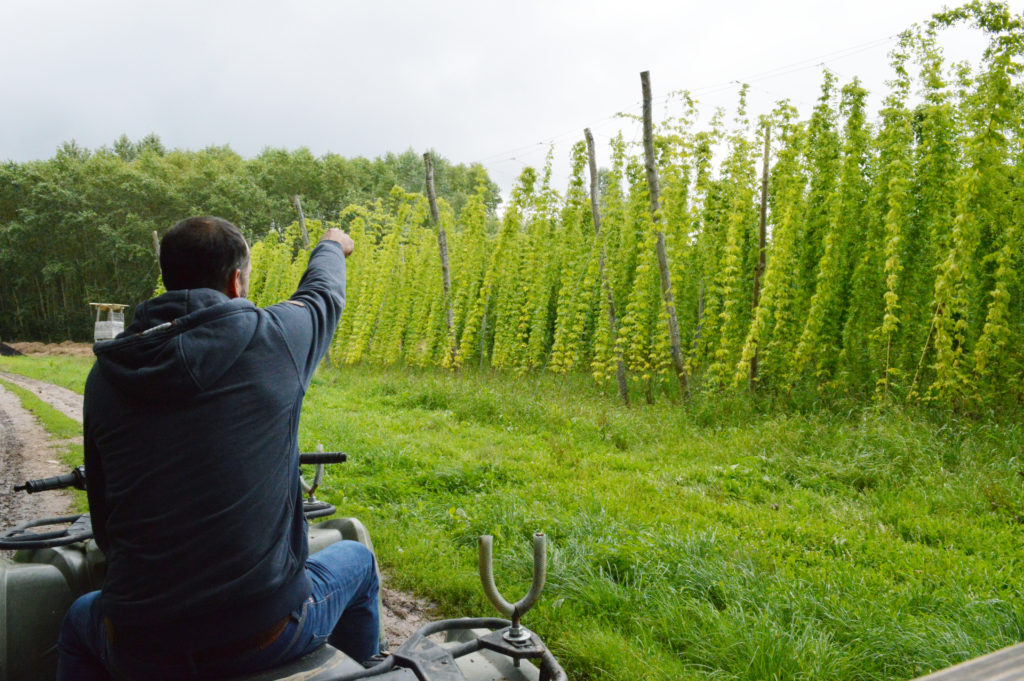
- Proper beer service is a simple thing, but it elevates the drinking experience. Nowhere we went served anything less than perfect pours of beer, in properly clean glassware, with two to three fingers of long-lasting, rocky foam. Plenty of places also served beer literally vom Fass, or from the barrel – lined wooden barrels tapped with a simple spigot. With beer that can be as delicate as helles (nicknamed “naked beer” by one brewer) a properly poured glass lets the character of the beer truly shine.
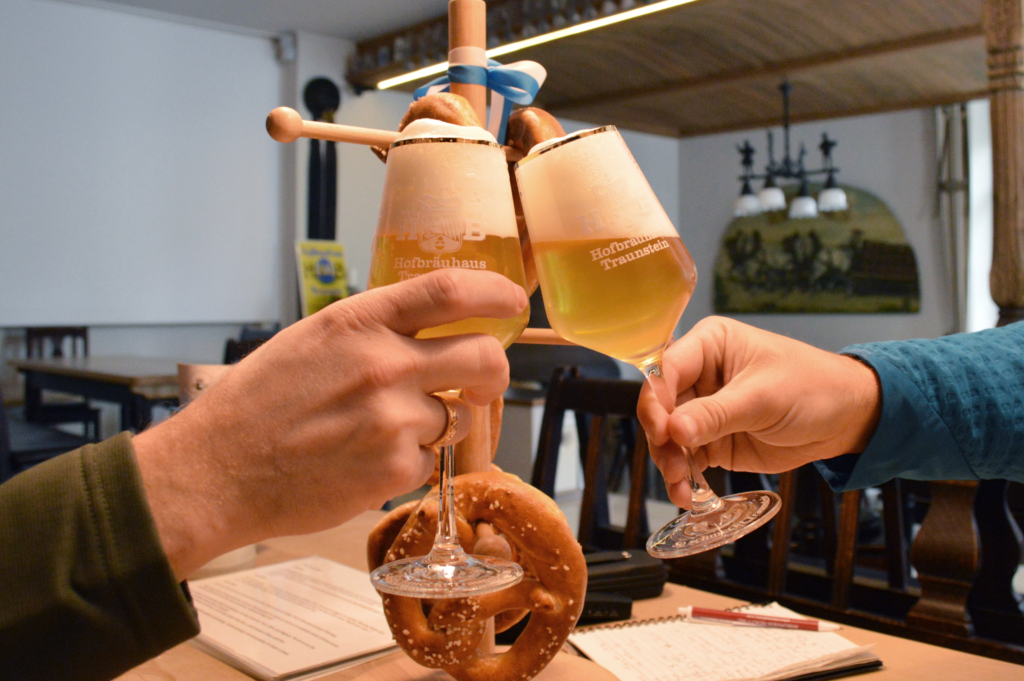
- Tradition and technology can, and do, coexist in breweries young and old. “Young” of course means late nineteenth century; breweries we toured on the older side trace their origins back to the 14th or 15th centuries. Nobody would claim that the beer they produce today would resemble what they produced a century ago, and most would admit to engaging in constant small improvements to improve the quality of their beers. While nearly every brewery we visited had made investments in their equipment in the last few years, they also all referenced a respect to tradition as to why they still engaged in certain practices that might seem outdated.
I know that I’ll continue to reflect on what I learned on this trip for many years. I’ll be looking forward to debriefing with Jack once he also gets home and sharing some more highlights from the perspective of a long time traveler to Bavaria. Until then, servus!






